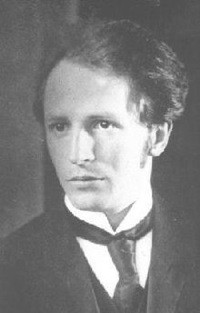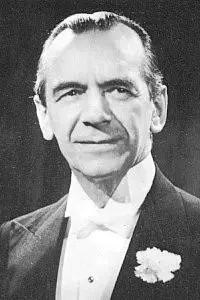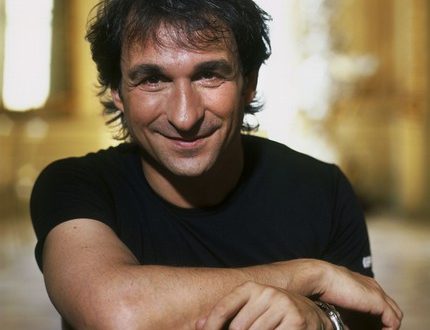
Carl Schuricht |
Carl Schuricht


The famous German music critic Kurt Honelka called the career of Karl Schuricht “one of the most amazing artistic careers of our time.” Indeed, it is paradoxical in many respects. If Schuricht had retired at the age of, say, sixty-five, he would have remained in the history of musical performance as nothing more than a good master. But it was over the next two decades or more that Schuricht, in fact, grew from an almost “middle hand” conductor into one of the most brilliant artists in Germany. It was at this time of his life that the flowering of talent, wise by rich experience, fell: his art delighted with rare perfection and depth. And at the same time, the listener was struck by the vivacity and energy of the artist, who seemed not to bear the imprint of age.
Schuricht’s conducting style might have seemed old-fashioned and unattractive, a little dry; clear movements of the left hand, restrained but very clear nuances, attention to the smallest details. The strength of the artist was primarily in the spirituality of the performance, in the determination, clarity of concepts. “Those who have heard how in recent years he, together with the orchestra of the South German Radio, which he leads, performed Bruckner’s Eighth or Mahler’s Second, knows how able he was to transform the orchestra; ordinary concerts turned into unforgettable festivities,” the critic wrote.
Cold completeness, the brilliance of “polished” recordings were not an end in itself for Schuricht. He himself said: “The exact execution of the musical text and all the instructions of the author remains, of course, a prerequisite for any transmission, but does not yet mean the fulfillment of a creative task. Penetration into the meaning of the work and conveying it to the listener as a living feeling is really a worthwhile thing.
This is Schuricht’s connection with the entire German conducting tradition. First of all, it manifested itself in the interpretation of the monumental works of the classics and romantics. But Schuricht never artificially limited himself to them: even in his youth he passionately performed for the new music of that time, and his repertoire has always remained versatile. Among the highest achievements of the artist, critics include his interpretation of Bach’s Matthew Passion, Solemn Mass and Beethoven’s Ninth Symphony, Brahms’ German Requiem, Bruckner’s Eighth Symphony, works by M. Reger and R. Strauss, and from modern authors – Hindemith , Blacher and Shostakovich, whose music he promoted throughout Europe. Schuricht left a considerable number of recordings made by him with the best orchestras in Europe.
Schuricht was born in Danzig; his father is an organ master, his mother is a singer. From an early age, he followed the path of a musician: he studied violin and piano, studied singing, then studied composition under the guidance of E. Humperdinck at the Berlin Higher School of Music and M. Reger in Leipzig (1901-1903). Schuricht began his artistic career at the age of nineteen, becoming an assistant conductor in Mainz. Then he worked with orchestras and choirs of various cities, and before the First World War he settled in Wiesbaden, where he spent a significant part of his life. Here he organized music festivals dedicated to the work of Mahler, R. Strauss, Reger, Bruckner, and largely due to this, his fame crossed the borders of Germany by the end of the twenties – he toured in the Netherlands, Switzerland, England, the USA and other countries. On the eve of the Second World War, he ventured to perform Mahler’s “Song of the Earth” in London, which was strictly forbidden to the musicians of the Third Reich. Since then, Schuricht fell into disfavor; in 1944 he managed to leave for Switzerland, where he remained to live. After the war, his permanent place of work was the South German Orchestra. Already in 1946, he toured with triumphant success in Paris, at the same time he took part in the first post-war Salzburg Festival, and constantly gave concerts in Vienna. Principles, honesty and nobility earned Schurikht deep respect everywhere.
L. Grigoriev, J. Platek





